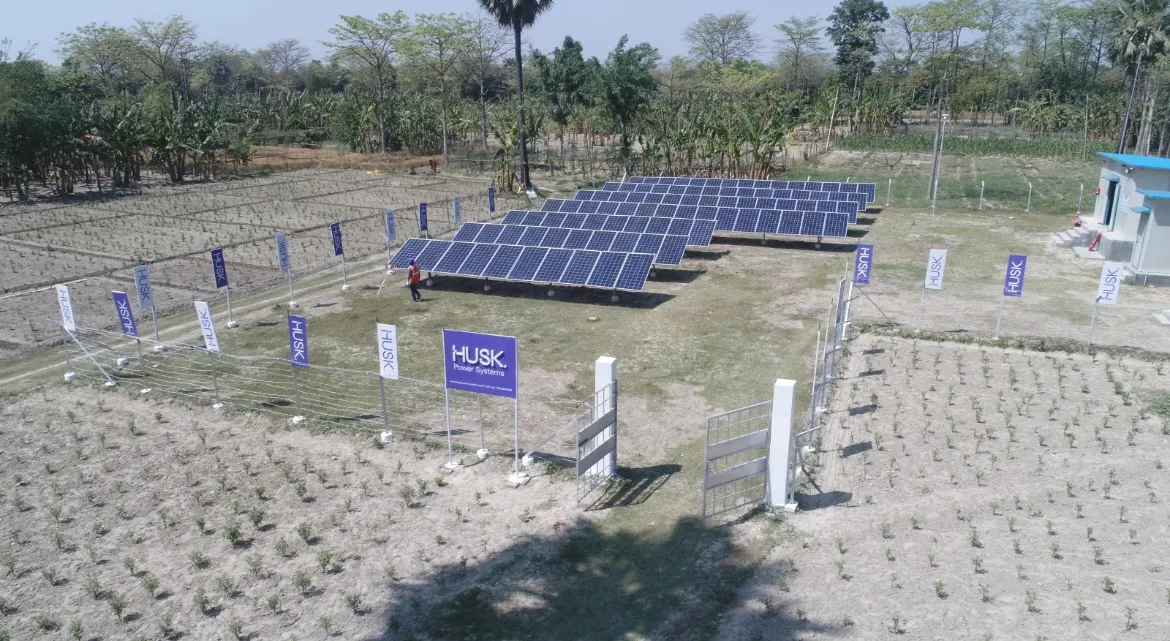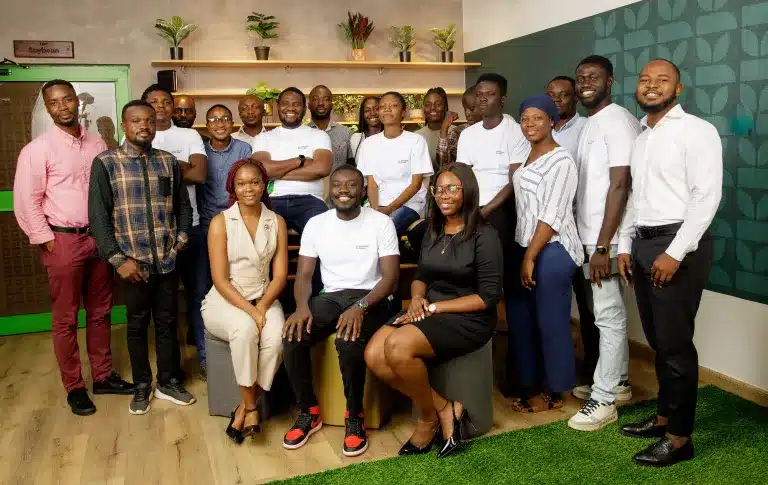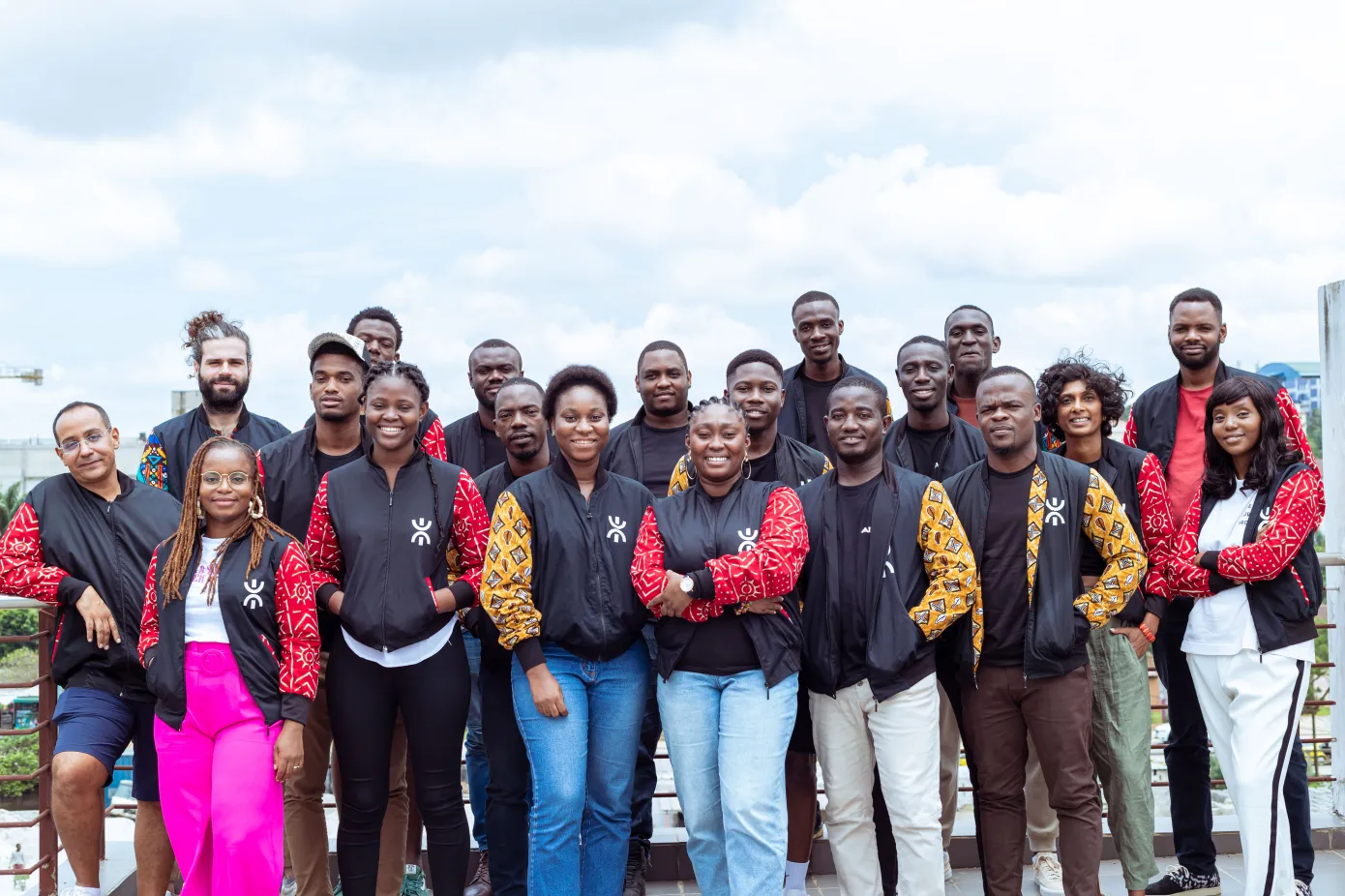Startups
In nearly a decade, hundreds of entrepreneurs have emerged with innovative startups across the African continent. We provide insights on their experiences and highlight the activities of investors who fund them.
Top stories

AFEX, an African commodities platform, has secured $26.5 million from British International Investment (BII) to improve food insecurity in Nigeria, Kenya, and Uganda.

Barcelona defender, Jules Koundé, Real Madrid midfielder, Aurélien Tchouameni, and AC Milan shot-stopper have invested in StarNews, an African creator economy startup.

Why did DLM Trust Company terminate its appointment as escrow trustee for Patricia? A source within the financial firm explains.

Sukhiba Connect, a social commerce startup, has raised $1.5 million in funding to expand beyond Kenya’s borders.

Klick Africa, founded by two female professionals, wants to make it easy for mothers to shop for themselves and their children on the same platform. It also plans to help female-owned small businesses grow.

From fintech to edtech, meet eleven ex-Interswitch employees who are building some of Nigeria’s most valuable companies.

US-based cleantech startup, Husk Power Systems, has raised $103 million in Series D funding, consisting of $43 million in equity and $60 million in debt financing. It plans to use the funds to enter new African markets.

After building a robust tech career in Canada, Abiola Abraham decided to give back to Nigeria but changed her mind after three years in the country. Today, she’s building a startup to solve the problem that chased her back to Canada.

Andela has launched the Andela Talent Cloud, an end-to-end platform which connects skilled individuals with businesses, transforming the hiring process for both tech companies and talent.

Mecho Autotech started out by connecting vehicle technicians with vehicle owners, but it’s adding a new data layer that could see it earn $400m in yearly revenue.

Rising inflation and migration has caused significant churn at Eden Life, but after tearing down the monthly subscription barrier, the startup says it is on its way to profitability.

Every year, more than three million students leave their home countries for study. With a new environment comes new demands from the financial system, which they frequently struggle to deal with. Nigerian startup, Endowd hopes to become the financial partner for these students.

Every year, more than a million immigrants move to the United States. Despite the numerous resources available to help with their journey, they frequently struggle. Techstars-backed Guideli is building a settlement management tool to make the transition seamless for these individuals.

What Nigerian fintech founders can learn from fraudsters In this article, Jude Dike, CEO and Co-founder, GetEquity, dives deep into the struggles of Nigerian fintech that few people are talking about

The climate crisis is not a distant menace for Africans; it’s a turbulent reality. In this exclusive interview with Yossi Matias, VP Engineering and Research at Google, we uncover how Google’s centres in Accra and Nairobi are harnessing Artificial Intelligence (AI) to fight environmental issues.

Stitch, a South African API fintech that raised $21 million in 2022, has now secured an additional $25 million in Series A funding to dominate the payments market.

5 Nigerian startups makes up Techstars Toronto cohort as it makes its 100th investment in 6 years

Complete Farmer, a Ghanaian agritech startup, has secured a $10.4 million pre-Series A funding round to streamline operations. The funds contain $7m in equity and $3.4m in debt.

Nigerian-led Mainstack emerges as one of the top 20 startups at TechCrunch Startup Battlefield 200

ANKA (formerly Afrikrea) has raised $5 million in a pre-Series A extension round to fuel expansion. The Ivorian SaaS eCommerce platform also plans to use the funds to employ sales, tech, and product talent.
